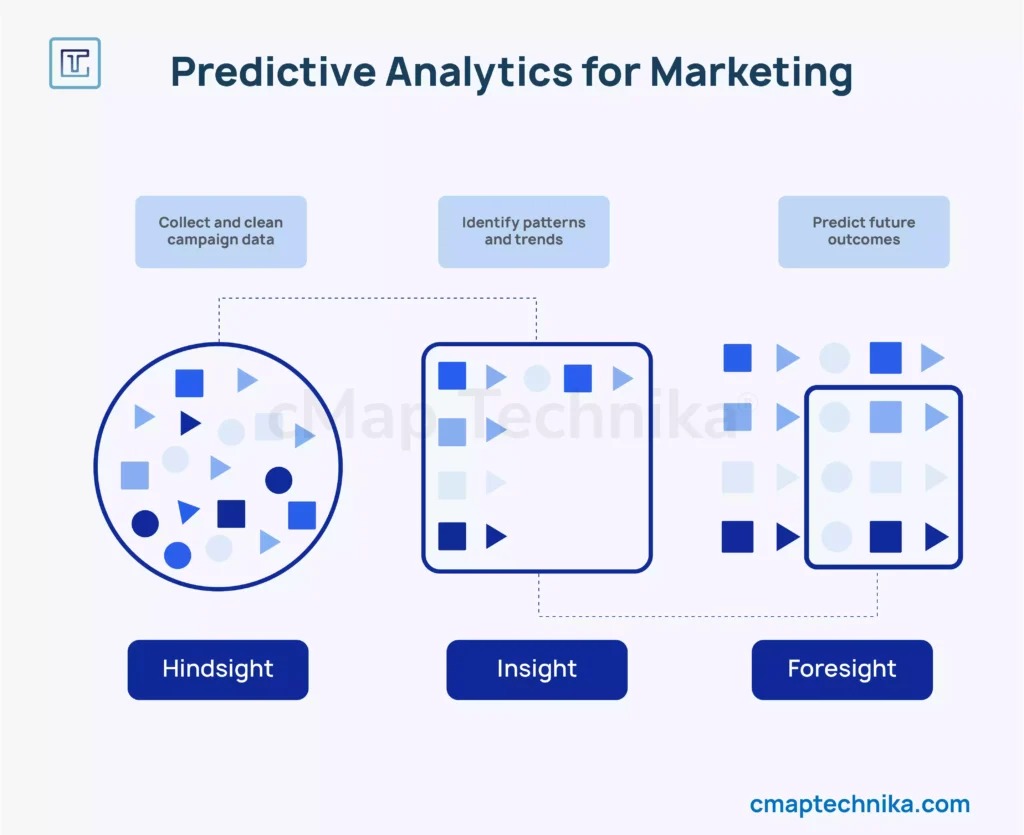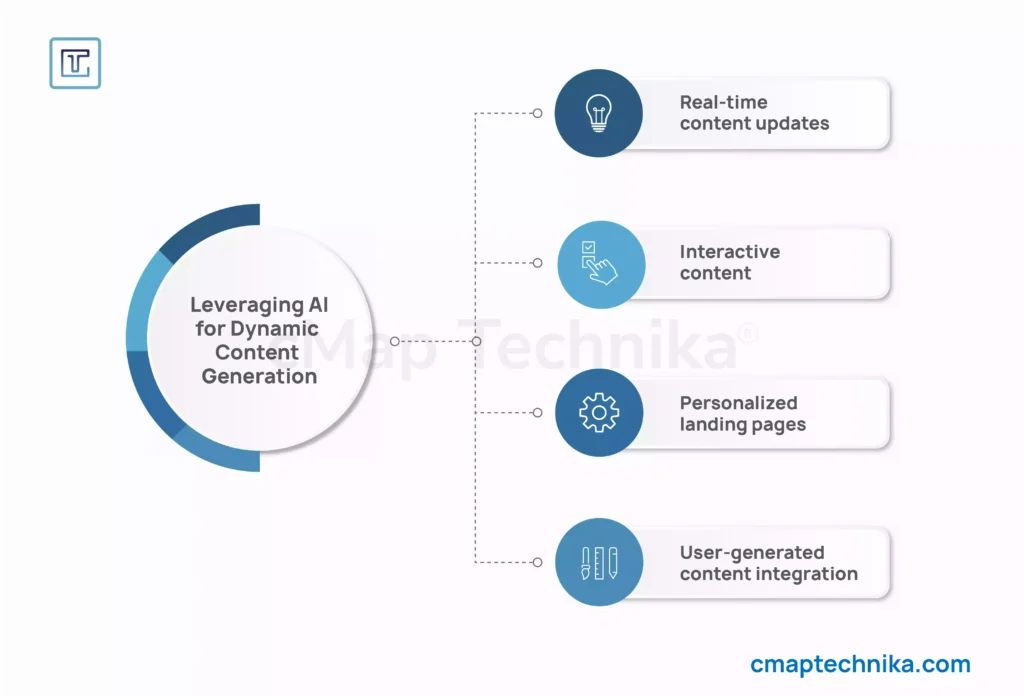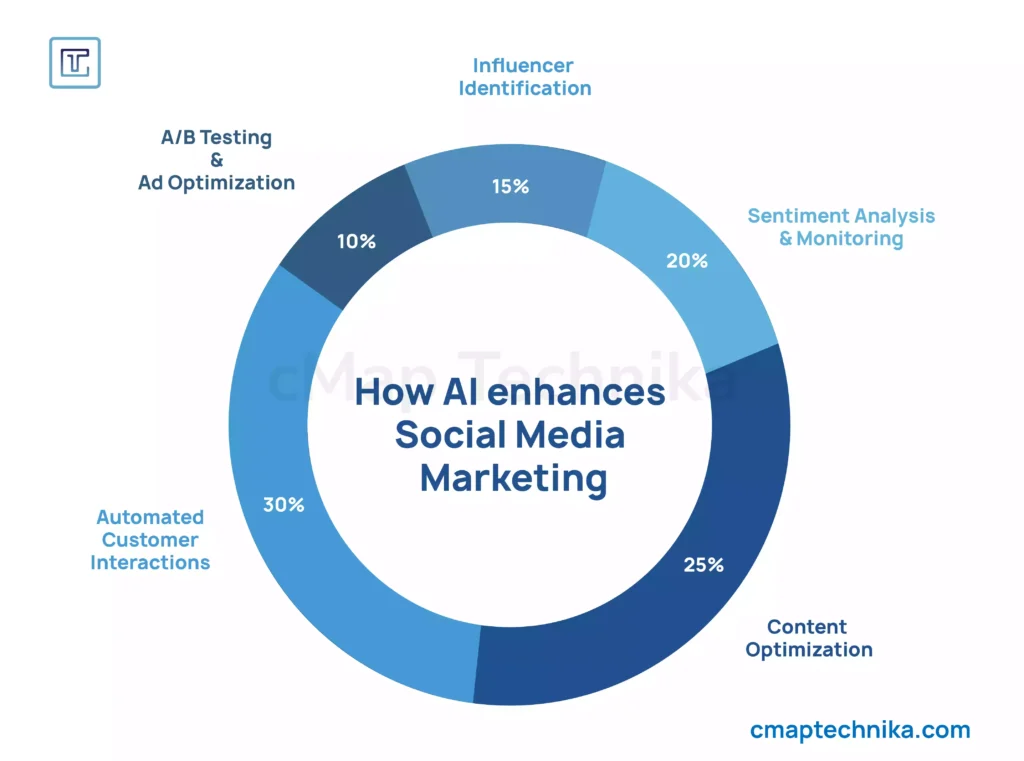The EdTech industry is experiencing a digital transformation, driven by advancements in technology and a growing need for personalized learning experiences. One of the most groundbreaking innovations fueling this shift is Artificial Intelligence (AI), which is revolutionizing marketing strategies and communication in the educational space. AI-powered marketing tools are enabling EdTech companies to connect with their audiences in more meaningful ways, optimizing their outreach and enhancing the effectiveness of their campaigns.
At Waltcorp, we recognize the immense potential of AI to elevate marketing in the EdTech sector. In this article, we explore how AI is transforming marketing efforts, from personalized communications to predictive analytics, and how these technologies are shaping the future of EdTech marketing.
Personalization at Scale
In the traditional marketing model, companies would broadcast the same message to a broad audience, hoping to catch the attention of potential customers. However, the rise of AI has made personalized marketing more feasible and effective, even at scale. By analyzing user data, including browsing behavior, content engagement, and demographic information, AI can tailor messages to individual needs, preferences, and learning styles.
For example, AI algorithms can analyze a learner’s behavior on an EdTech platform and suggest personalized courses, webinars, or content that aligns with their interests. This level of customization not only enhances the user experience but also drives engagement and conversion rates. The more relevant the content, the more likely users are to interact with it, making AI an essential tool for maximizing the impact of marketing campaigns.
Predictive Analytics for Smarter Campaigns

AI doesn’t just help with personalization—it also plays a crucial role in predictive analytics, allowing EdTech companies to forecast user behavior and market trends. By leveraging historical data and advanced machine learning algorithms, AI can predict which leads are most likely to convert into paying customers, which courses or products will be most popular in the future, and even the most effective times to engage with audiences.
Predictive analytics allows for smarter decision-making in marketing, enabling companies to allocate resources more effectively. For example, if an AI model predicts that a particular course will become highly sought-after, marketing teams can ramp up their efforts in promoting that course before it hits peak demand. This proactive approach leads to more efficient marketing spend and greater ROI.
Chatbots and AI-Driven Customer Engagement
AI-powered chatbots are another game-changer in EdTech marketing. These intelligent bots can engage users in real-time, answering questions, providing recommendations, and guiding them through the learning process. By automating customer interactions, chatbots improve response times and ensure that users receive the support they need when they need it.
Chatbots can also be integrated into marketing campaigns to provide personalized recommendations based on a user’s past interactions. For example, if a potential student is browsing a platform and shows interest in a particular subject area, the chatbot can recommend related courses or resources, increasing the likelihood of conversion.
Moreover, AI-driven chatbots are available 24/7, ensuring that users from different time zones or those who require immediate assistance can engage with the platform anytime. This constant availability enhances customer satisfaction and can drive more positive interactions, leading to greater retention.
Dynamic Content Creation with AI

Content is central to any marketing strategy, but creating personalized content that resonates with different segments can be time-consuming. AI is transforming the content creation process by enabling the generation of dynamic, relevant content at scale. Tools powered by AI can help create personalized email campaigns, social media posts, blog articles, and even video content based on user data and preferences.
For instance, AI can analyze which topics resonate most with different audience segments and automatically generate targeted email content to address specific needs or pain points. By creating content that aligns with individual interests, EdTech brands can increase engagement and improve the effectiveness of their campaigns.
Additionally, AI can assist in optimizing content for search engines (SEO). By analyzing search patterns and keyword trends, AI can ensure that content is optimized to reach the right audience and ranks higher in search engine results, increasing visibility and organic traffic.
Enhancing Social Media Marketing with AI

Social media platforms are essential tools for engaging with potential customers, but managing multiple channels and creating relevant content can be overwhelming. AI-powered tools help streamline social media marketing efforts by analyzing user interactions and identifying the best times to post, the most engaging content types, and even predicting which hashtags or topics will generate the most traction.
AI can also be used to monitor social media for mentions of your brand, track user sentiment, and respond to customer queries automatically. This not only saves time for marketing teams but also ensures that customers receive timely and accurate responses, further enhancing brand loyalty and trust.
Additionally, AI can identify key influencers in the EdTech space, helping brands form strategic partnerships with individuals who can amplify their message and drive brand awareness.
A/B Testing and Continuous Optimization
AI has made A/B testing more efficient and insightful. In the past, A/B testing involved running two versions of a campaign and manually analyzing which one performed better. Today, AI can automate this process, testing multiple variations of a campaign simultaneously and adjusting in real-time based on performance metrics.
By continuously analyzing user engagement, conversion rates, and other key metrics, AI can optimize campaigns on the fly, ensuring that marketing efforts are always aligned with user preferences and trends. This constant optimization leads to better results and more effective use of marketing resources.
Enhancing ROI with AI-Driven Marketing
The ultimate goal of any marketing campaign is to deliver a strong return on investment (ROI). AI-driven marketing helps EdTech companies maximize their ROI by ensuring that marketing efforts are focused on high-value leads and personalized experiences. By automating routine tasks, improving targeting, and enhancing content relevance, AI reduces the cost of marketing while increasing the chances of converting leads into loyal customers.
AI also helps marketers track performance across different channels, identify the most cost-effective strategies, and optimize campaigns for maximum impact. With AI, businesses can make data-driven decisions that lead to more efficient spending and greater long-term profitability.
Conclusion
AI-powered marketing is transforming the way EdTech companies connect with their audiences. From personalized content and predictive analytics to chatbots and dynamic content creation, AI enables more efficient, effective, and engaging marketing campaigns. By embracing AI technologies, EdTech brands can not only enhance their marketing efforts but also build deeper relationships with their customers, ultimately driving growth and success.
At Waltcorp, we help EdTech companies harness the power of AI to optimize their marketing strategies and achieve outstanding results. With AI, the future of marketing in the EdTech space is brighter than ever.






